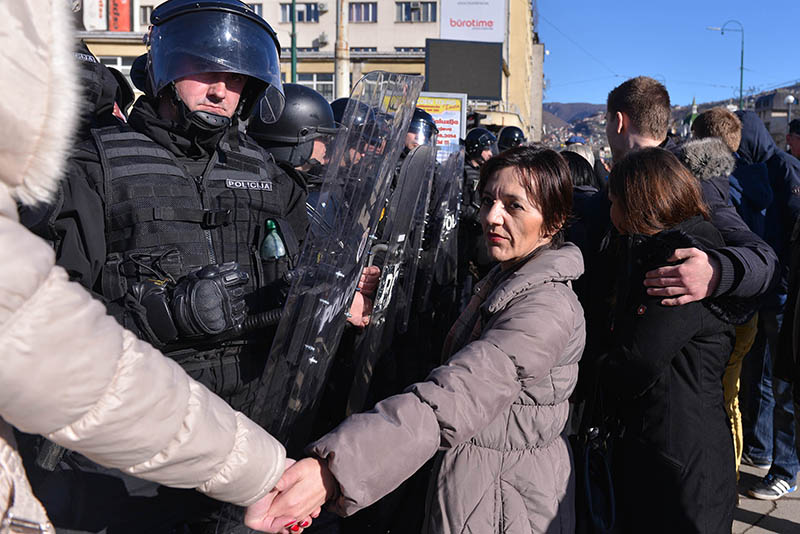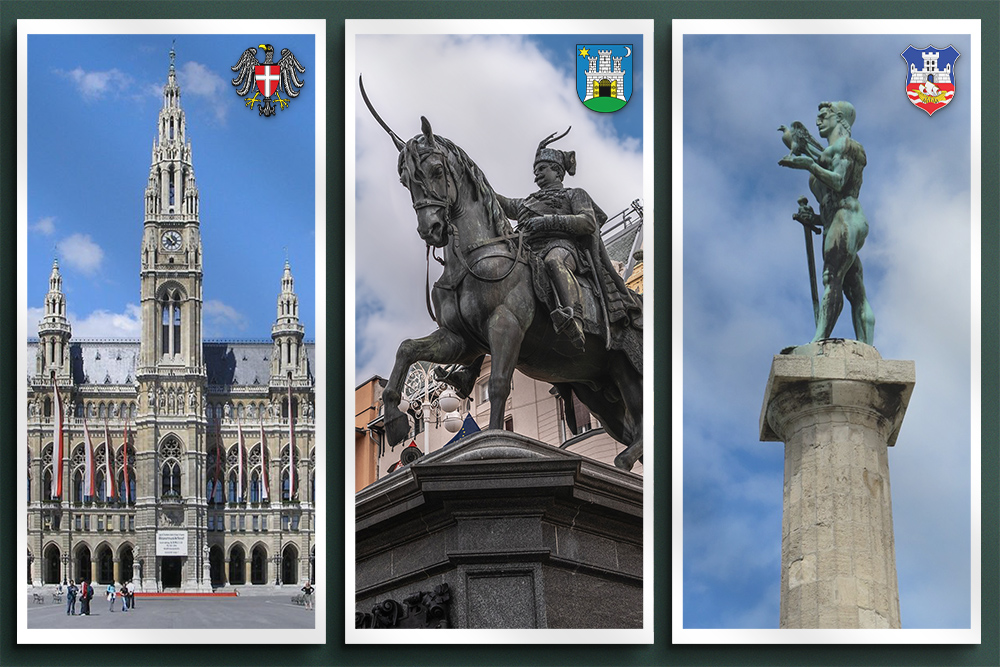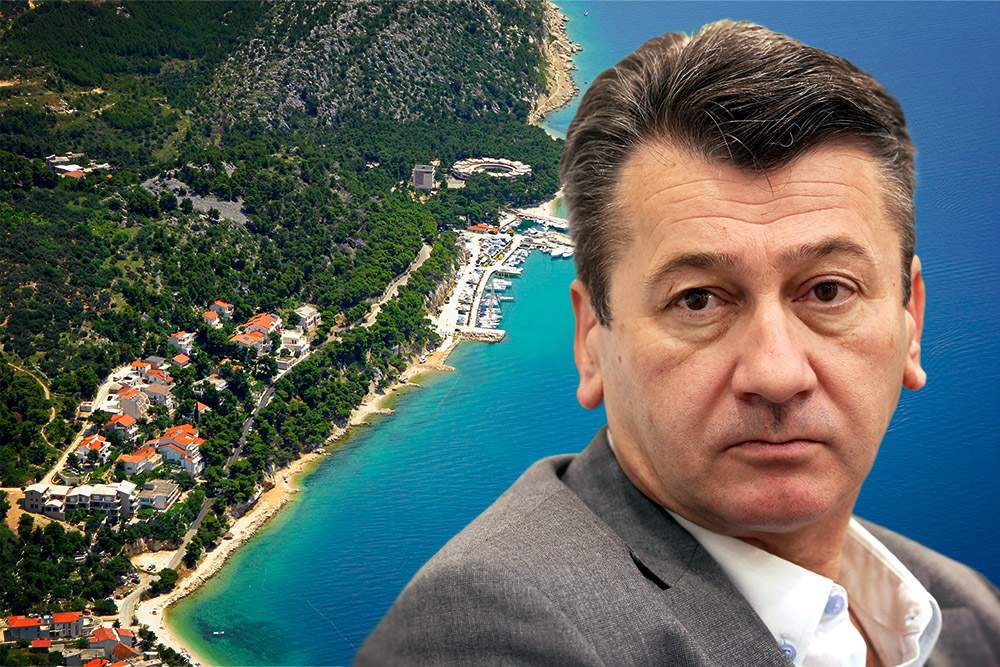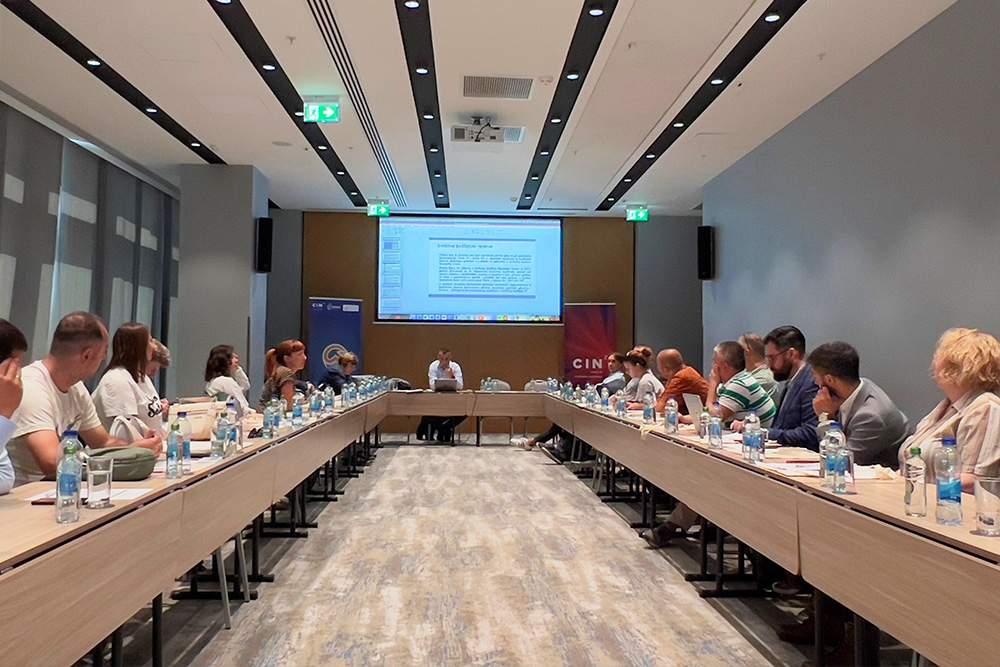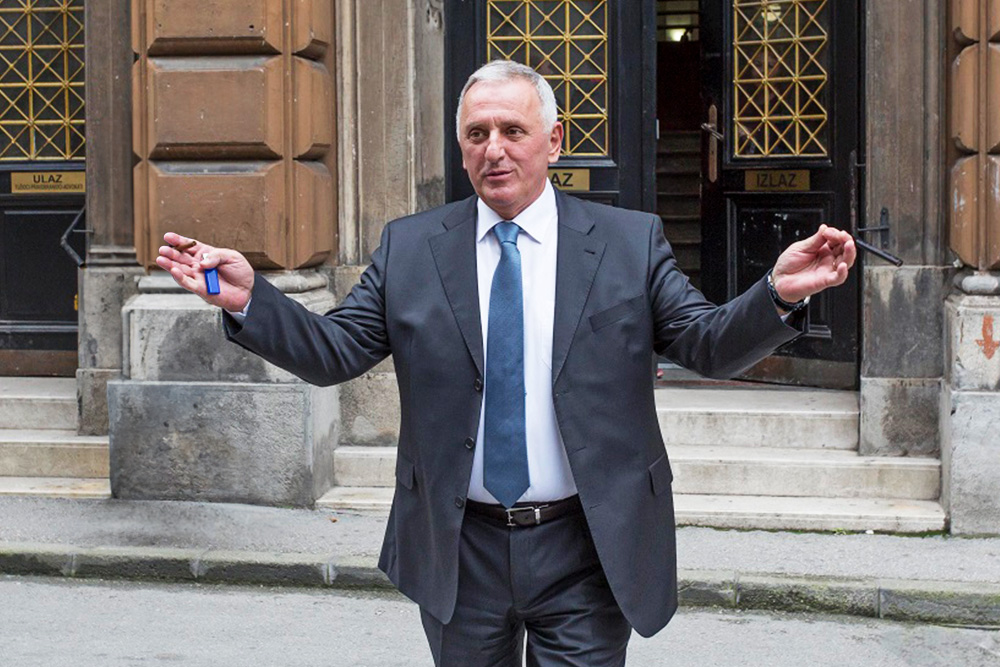Tuzla, Sarajevo and Zenica Doboj Canton are left without government after their respective Prime Ministers Sead Čaušević, Suad Zeljković and Munib Huseinagić tendered their resignations together with their cabinets. Zenica mayor Husejin Smajlović and the minister of internal affairs of Herzegovina Neretva Canton Mario Šulenda have also resigned, while the head of Novi Travnik municipality Refik Lendo offered his resignation. Even though the citizens asked the Prime Minister of Una Sana Canton Hamdija Lipovača to step down, he is still in office.
This is the upshot of the ongoing protests of the citizens of Tuzla, Sarajevo, Zenica, Bihać, Mostar and other Bosnia and Herzegovina (BiH) towns. Media reports estimate that around two hundred persons were injured including police officers and journalists. The protesters have set on fire the buildings of the cantonal governments in Tuzla, Sarajevo, Zenica and Mostar and the municipal seats in Tuzla and Sarajevo Center; the building of BiH Presidency that’s housing the state archive was also set ablaze as well as the City Hall in Mostar and the Mostar-based HQs’ of the main Croat and Bosniak parties. Demonstrators hurled stones on the buildings of the Cantonal and Municipal Court and the Prosecutor’s Office in Tuzla, while police and governments cars were wrecked in Sarajevo. Some of the protesters have been arrested and are still in custody.
A sociologist Esad Bajtal told media that the authorities are to blame for everything that took place in the past several days. “This is the result of twenty years of inaction, of twenty years of looting, of twenty years of deceit, of several years of false promises,” said Bajtal. He said that the protests are the expression of accumulated outrage of citizens caused by “deprivation, poverty, humiliation and the wide disparity between the rich and the poor. The only sure thing is that the poor and the oppressed have taken to the streets and everything else is speculation“, said Bajtal.
According to the statistical records there are 553,481 unemployed persons in the country of around 3.8 million inhabitants. For example, in the Tuzla Canton, the epicenter of protests, there are 98,766 unemployed or around 17.500 more than those who hold jobs.
The citizens’ demands were published via the same social networks used to convey information about the protests. They demand that government officials are appointed based on their professional qualification, that officeholders’ salaries are cut down and that additional activities, such as commission work, are not paid. One of the demands is to stop paying a salary to officeholders after the end of their term.
The political parties including the Croatian Democratic Union (HDZ BiH), HDZ 1990, the Party of Democratic Action, the Social Democratic Party, the Alliance of Independent Social Democrats, the Serb Democratic Party, the Party for BiH and the Party of Democratic Progress have ruled the country since the end of the war. None of their senior officials took responsibility for the demonstrations or tendered their resignation.
According to official data, one of the main issues that the country is facing, along with high unemployment, are corruption and the lack of successful prosecutions in high profile cases. This has had negative repercussions on society and the economic situation in the country.
The Center for Investigative Reporting in Sarajevo (CIN) has been reporting on the institutional corruption over the past ten years. CIN reported in its investigative projects how taxpayer money was not spent transparently, how funds were misused and distributed among the political parties. However, few officials have been prosecuted. Court cases often end in acquittals for lack of evidence and office holders sentenced to prison find ways to avoid serving their sentence.
Those who have held government jobs or served in the legislative or executive branches of the government have accumulated riches over the years. You may take a look at their asset declarations and real property disclosures at the CIN database at www.izaberi.ba.
This web site also contains indictments, criminal complaints or verdicts.

